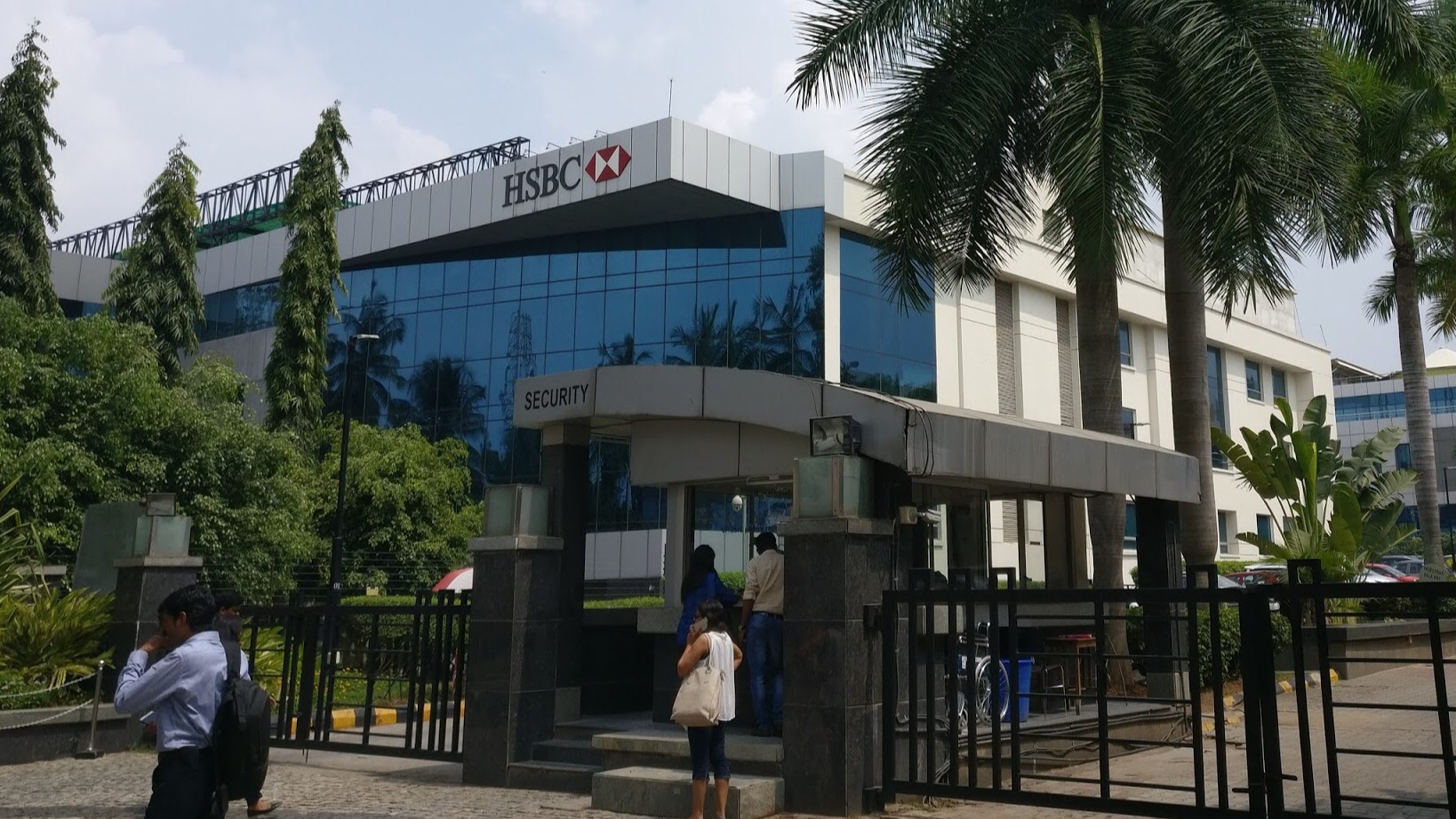British insurer Aviva has been accused by an Indian tax agency of violating local regulations on sales agent commissions through a system of fake invoices and covert cash payments, according to a notice seen by Reuters.
The Directorate General of GST Intelligence alleges that Aviva's India business paid about $26 million between 2017 and 2023 to entities purportedly providing marketing and training services. However, these vendors did not perform any work and were instead used as a front to channel funds to Aviva's agents, circumventing commission caps set by regulators.
"Aviva and its officials have indulged in a deep-rooted conspiracy and used the modus of fake invoices (without receipt of services) to pass on certain money to ... insurance distributors of Aviva," investigators wrote in the notice.
The case is part of a broader investigation into over a dozen Indian insurers for alleged evasion of $610 million in unpaid taxes, interest and penalties. Aviva is accused of using the approximately $26 million in fake invoices to incorrectly claim tax credits and evade $5.2 million in taxes.
The 205-page report included screenshots of emails and WhatsApp messages between Aviva executives and insurance distributors, discussing ways to skirt compensation regulations. It also contained summaries of interviews with executives, including Aviva India chief financial officer Sonali Athalye, who described how payments were made.
In one instance, an email from November 2022 showed Aviva paid 17 per cent commission in line with rules to an insurance distributor, but "committed" to a total payout of 75 per cent "out of records by raising invoices from marketing and advertisement vendors."
The company also allegedly hired 559 people called "agent mentors" to train sales agents. However, investigators claim no such services were provided, and these individuals instead issued fake invoices to facilitate excess commissions to agents.
Aviva faces roughly $11 million in penalties, which is approximately its 2023 profit from selling life insurance in India. The company's India business is a joint venture with Dabur Invest Corp., a prominent local firm, with Aviva owning 74 per cent of the business.
When asked for comment, a UK-based Aviva spokesperson said: "We do not comment on speculation or ongoing legal matters." The Indian operations did not respond to queries. A person familiar with the matter told Reuters the company intends to rebut the notice's allegations but has not yet responded.
India's insurance regulator relaxed commission limits in 2023, but previously capped commissions on new policies at between 7.5 per cent and 40 per cent, depending on the product. Renewal commissions were even lower.
The case highlights the challenges foreign insurers face in India's competitive market, dominated by state-run LIC which controls about two-thirds of the market. Despite these issues, Aviva sees India, the world's most populous nation, as a growth market.
Latest News
-
Gemini to cut quarter of workforce and exit UK, EU and Australia as crypto slump forces retrenchment
-
Bank ABC’s mobile-only ila bank migrates to core banking platform
-
Visa launches platform to accelerate small business growth in US
-
NatWest to expand Accelerator programme to 50,000 members in 2026
-
BBVA joins European stablecoin coalition
-
eToro partners with Amundi to launch equity portfolio with exposure to ‘megatrends’
Creating value together: Strategic partnerships in the age of GCCs
As Global Capability Centres reshape the financial services landscape, one question stands out: how do leading banks balance in-house innovation with strategic partnerships to drive real transformation?
Data trust in the AI era: Building customer confidence through responsible banking
In the second episode of FStech’s three-part video podcast series sponsored by HCLTech, Sudip Lahiri, Executive Vice President & Head of Financial Services for Europe & UKI at HCLTech examines the critical relationship between data trust, transparency, and responsible AI implementation in financial services.
Banking's GenAI evolution: Beyond the hype, building the future
In the first episode of a three-part video podcast series sponsored by HCLTech, Sudip Lahiri, Executive Vice President & Head of Financial Services for Europe & UKI at HCLTech explores how financial institutions can navigate the transformative potential of Generative AI while building lasting foundations for innovation.
Beyond compliance: Building unshakeable operational resilience in financial services
In today's rapidly evolving financial landscape, operational resilience has become a critical focus for institutions worldwide. As regulatory requirements grow more complex and cyber threats, particularly ransomware, become increasingly sophisticated, financial services providers must adapt and strengthen their defences. The intersection of compliance, technology, and security presents both challenges and opportunities.
© 2019 Perspective Publishing Privacy & Cookies













Recent Stories